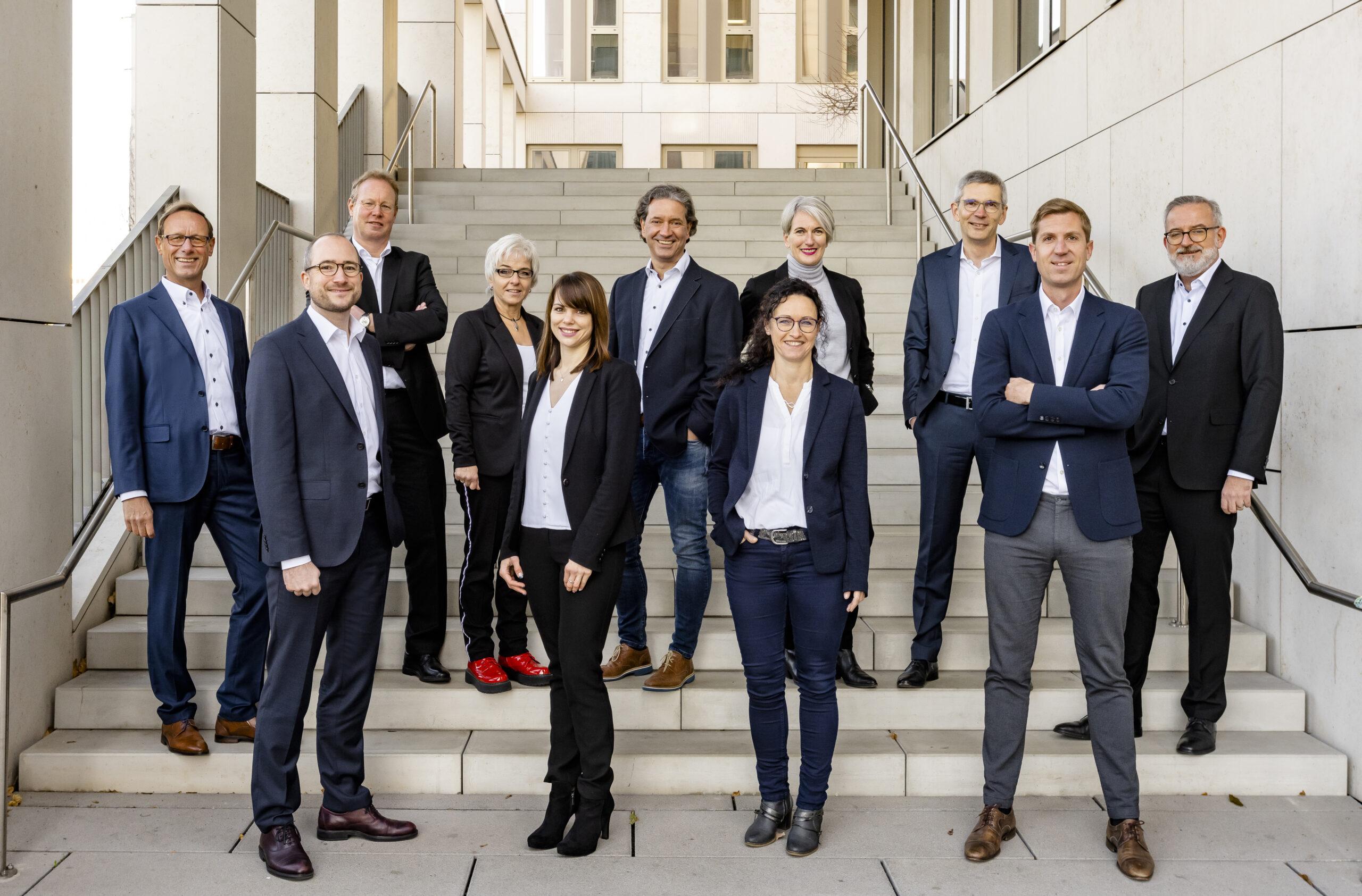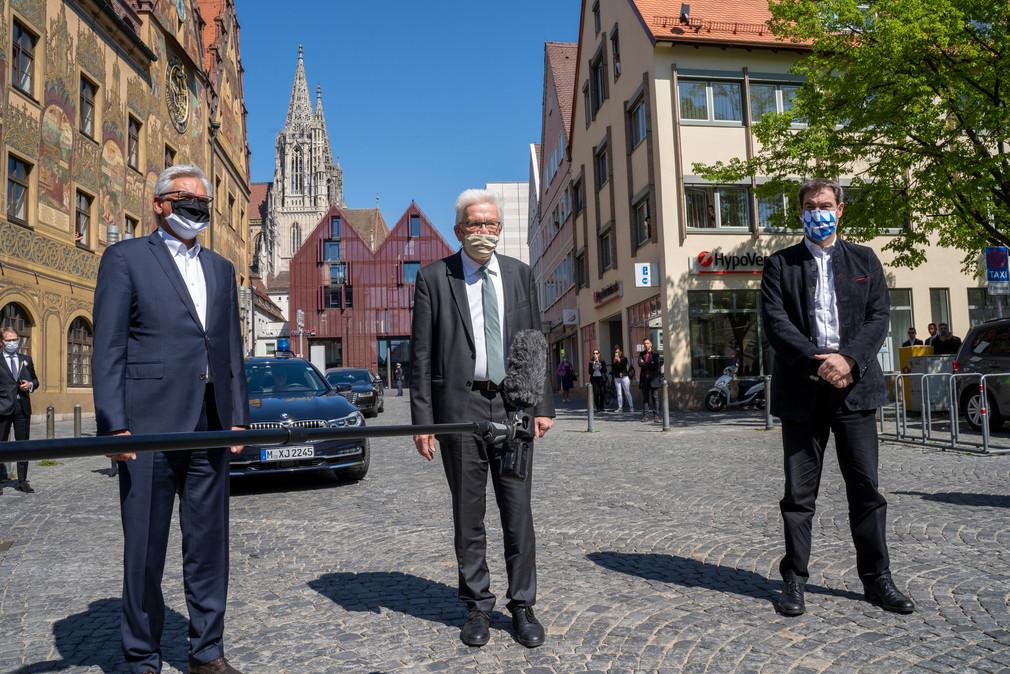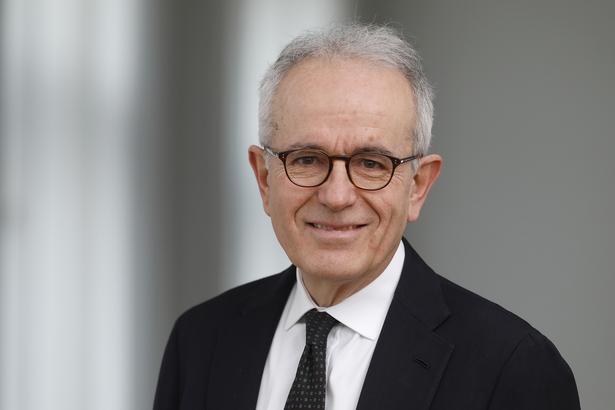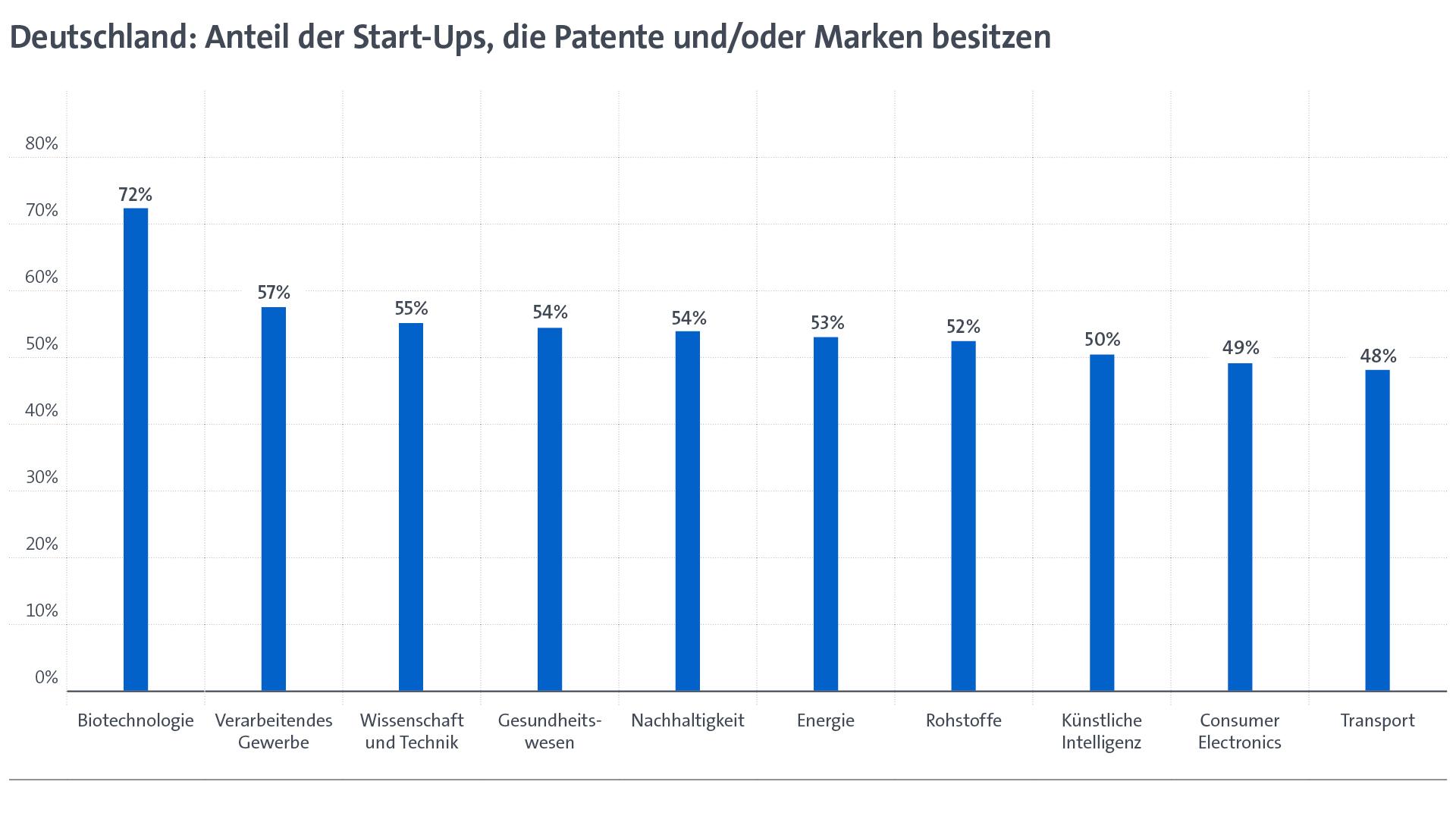The big federal state survey, part II: These Corona aids are available from the federal states
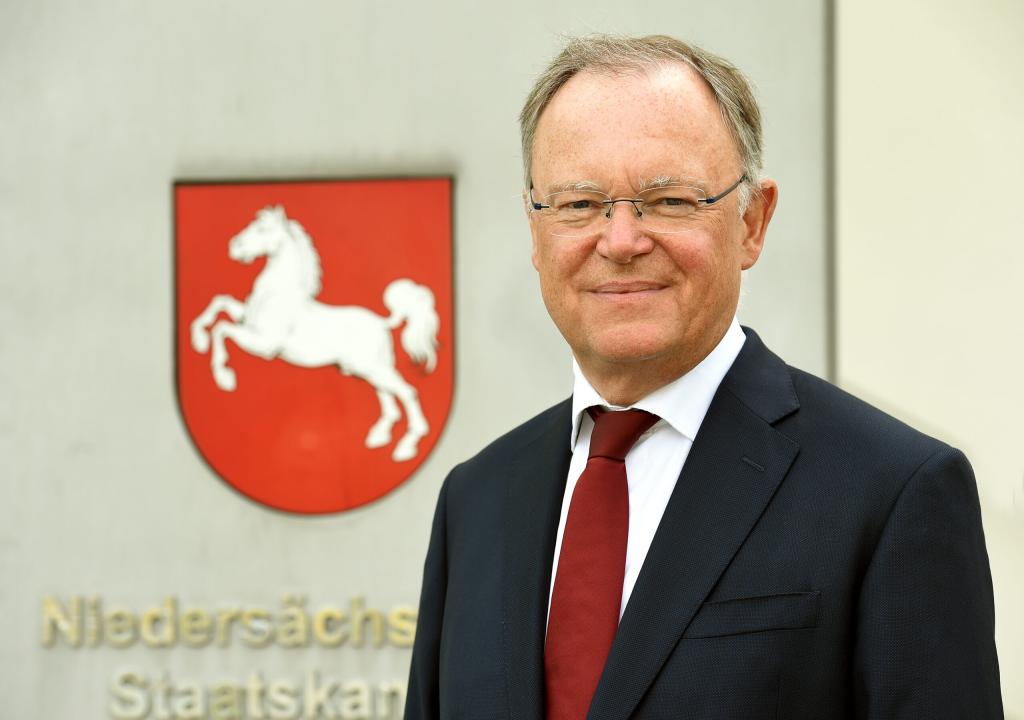
Many federal states have special support programmes for start-ups. In the second part of our series, we highlight the measures in Bremen, Hamburg, Hesse, Mecklenburg-Western Pomerania and Lower Saxony. Click here for Part I of the survey with the states of Baden-Württemberg, Bavaria, Berlin and Brandenburg. Part III with NRW, Rhineland-Palatinate, Saarland, Saxony, Saxony-Anhalt, Schleswig-Holstein and Thuringia is available here.
The federal government has made around two billion euros available to support start-ups affected by the corona crisis. It is passing on part of this to the state development institutes via its development bank KfW. The aim of this "Pillar II" is to support start-ups and small SMEs with mezzanine (i.e. a mixture of equity and debt) or equity financing. How start-ups actually get aid money therefore varies from federal state to federal state. Our overview shows what founders can count on in which federal state and how much money has already flowed.
Bremen:
The free Hanseatic city has launched the program "Equity capital in the Corona crisis
". Bremen's state development institute, the Bremer Aufbau-Bank (BAB), is handling the program. The bank is helping companies with a turnover of no more than 75 million euros. The companies must have been economically viable before the Corona pandemic and now be in trouble due to the crisis.BAB will spend up to 800,000 euros per company, both as a silent participation (for example, through subordinated loans) and by joining as a minority shareholder. Interested start-ups must submit annual financial statements, a business plan and a description of their plight.
By mid-January, Bremen had approved one application in one case, with others still under review. A total of 300,000 euros has been handed out so far, the Senate Department for Economics, Labour and Europe said.
Hamburg
Hamburg had already reacted quite early in the crisis with an emergency aid program, the "Hamburger Corona Soforthilfe - Modul Innovative Startups", but in the meantime no new applications are possible.
Instead, the Hanseatic city has now also launched an investment fund for start-ups and small SMEs. The "Corona Recovery Fund
" is organized by the Hamburg Investment and Development Bank (IFB) and the Beteiligungsgesellschaft Hamburg (BTG). IFB focuses on exit-oriented start-ups, which can receive a silent participation of up to 500,000 euros. BTG is responsible for start-ups that are not focused on an exit. It issues silent participations of up to 800,000 euros.Through the emergency aid and the fund, Hamburg has so far paid 35 million euros to more than 200 companies.
Hesse
According to the Hessian Ministry of Economics, the state government in Wiesbaden has not launched any special start-up aid. However, founders can take advantage of programs aimed at all companies, such as the "HessenFonds
", from which they can obtain guarantees for bank loans as well as silent participations in companies. The guarantees are issued by the responsible economic and infrastructure bank Hessen from an amount of 2.5 million euros, the silent participations are capped at 25 million euros.Start-ups are eligible to apply if they have been valued at at least €5 million (including capital raised) in at least one financing round by private investors since January 1, 2017.
Mecklenburg-Western Pomerania
The state on the Baltic Sea also has a state-owned development bank, Bürgschaftsbank Mecklenburg-Vorpommern, which issues funds to start-ups and other small businesses. Both silent and open participations are possible. Under the "MBMV Sonderunterstützung KfW 2020
" program, founders can raise 50,000 to 800,000 euros as a silent partnership. The open participation has no minimum amount, but is also capped at 800,000 euros.By the end of last year, 22 companies had applied for funding, and nine had already received help. By mid-January, Mecklenburg-Western Pomerania had thus issued 4.71 million euros in the course of the Corona crisis.
Lower Saxony
In Lower Saxony, the Mittelständische Beteiligungsgesellschaft (MBG) is responsible for awarding Corona aid. The "MBG Stabilitätsfonds 2020
" can take silent or open stakes in start-ups. As is the case in many other states, investments of up to 800,000 euros are generally possible. However, if private co-investors can be found, this sum can also increase.Already at the beginning of last year, Lower Saxony had launched a "Corona Bridgefonds Startups", however, this expired at the end of October 2020. Startups could apply for up to 50,000 euros there.
In equity investments alone, Lower Saxony had issued 15 million euros by mid-January, in addition to several million it had disbursed via emergency aid.
FYI: English edition available
Hello my friend, have you been stranded on the German edition of Startbase? At least your browser tells us, that you do not speak German - so maybe you would like to switch to the English edition instead?
FYI: Deutsche Edition verfügbar
Hallo mein Freund, du befindest dich auf der Englischen Edition der Startbase und laut deinem Browser sprichst du eigentlich auch Deutsch. Magst du die Sprache wechseln?
